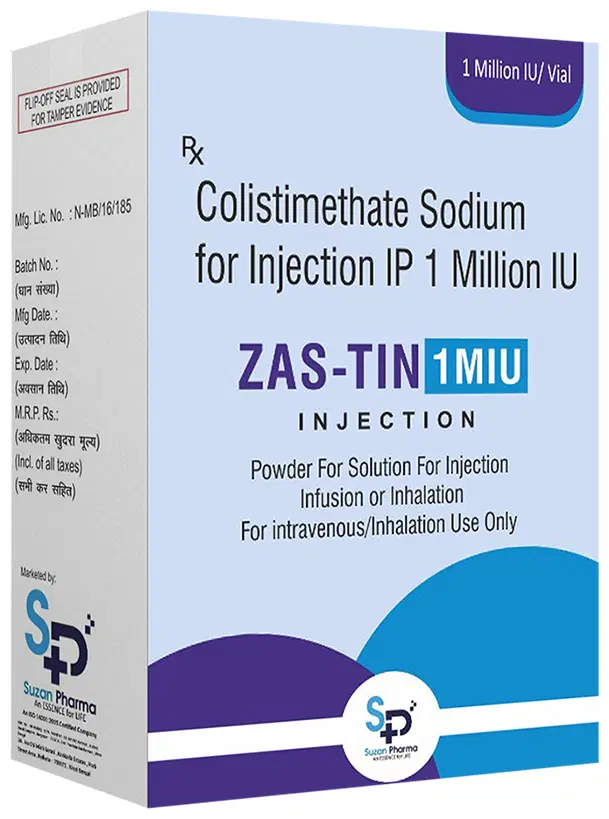Mouth ulcers
Mouth ulcers, also known as aphthous stomatitis or canker sores, are small, painful sores that develop inside the mouth. They can occur on the cheeks, gums, tongue, or roof of the mouth, and are often triggered by factors such as stress, hormonal changes, nutritional deficiencies, or trauma to the mouth. Mouth ulcers can be extremely uncomfortable and may cause difficulty in eating, speaking, and swallowing.
Typical medications used to treat mouth ulcers include topical anesthetics, anti-inflammatory agents, and antimicrobial agents. Topical anesthetics, such as benzocaine and lidocaine, help to numb the affected area and provide relief from pain. Anti-inflammatory agents, like corticosteroids, reduce inflammation and promote healing. Antimicrobial agents, such as chlorhexidine, help to prevent infection and aid in the healing process.
Consult with a healthcare professional before starting any treatment for mouth ulcers, as the underlying cause may require a different approach.

Showing 1–12 of 220 results
-

Amlexanox (3)
-

Benzocaine, Chlorhexidine Gluconate (1)
-

Choline Salicylate (8)
-

Choline Salicylate, Cetalkonium Chloride (2)
-

Choline Salicylate, Lidocaine (64)
-

Choline Salicylate, Tannic Acid (3)
-

Diclofenac, Benzocaine (1)
-

Lidocaine, Chlorhexidine Gluconate, Metronidazole (10)
-

Lidocaine, Choline Salicylate, Menthol (1)
-

Lidocaine, Tannic Acid (1)
-

Lidocaine, Zinc Carnosine (2)
-

Tannic Acid, Choline Salicylate, Cetrimide, Lidocaine (1)
-

Triamcinolone (123)
Showing 1–12 of 220 results

















